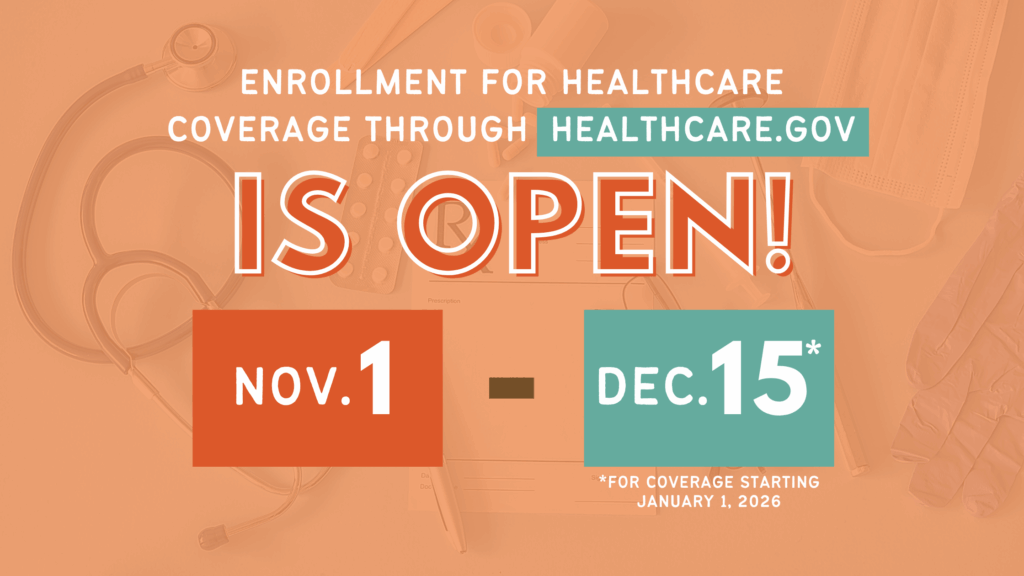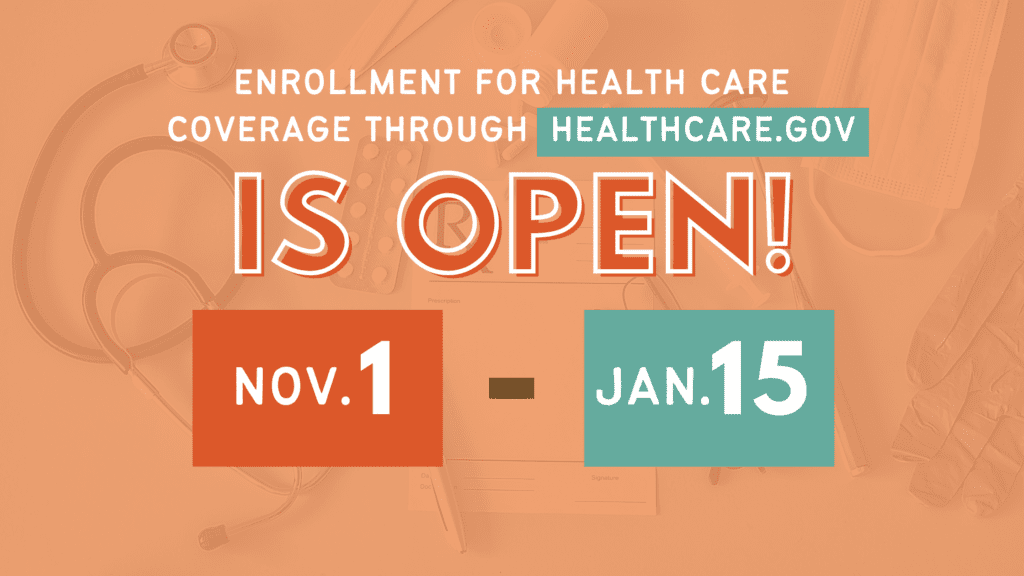
HealthCare.Gov Insurance Enrollment Period Now Open!
Now is the time to start making sure you have the health coverage you need for 2026! Health insurance is life-changing. This open enrollment period, Nov. 1 to Jan. 15,
9 in 10 Texans who buy Marketplace coverage get financial help.
Source: Centers for Medicare and Medicaid Services, 2020 Marketplace Open Enrollment
Thanks to the Affordable Care Act (ACA), more than 20 million Americans, including around 1 million Texans, have gained health coverage.

With the Affordable Care Act, uninsured rates nationally have dropped for all racial and ethnic groups. At the same time, racial and ethnic disparities in access to health coverage and care have narrowed. States that expanded Medicaid made more progress, but even in states that have not, like Texas, disparities in coverage rates have narrowed.
In Texas, over 1 million people bought coverage for 2020 through the Health Insurance Marketplace established by the ACA, making the ACA the main reason our state’s uninsured rate has improved since 2013. Roughly 9 in 10 Texans who buy Marketplace coverage get financial help to lower their monthly premium. Each year, Texans benefit from about $5 billion in federally funded Marketplace subsidies, which are essential to connect low and moderate income Texans to coverage.
The ACA also put into place critical protections for the nearly 5 million non-elderly Texans with pre-existing health conditions. Before the ACA, if you bought coverage on your own, not through a job, health insurance companies could deny coverage or charge more to people with pre-existing conditions, and these plans often failed to cover essential health care like maternity, behavioral health, and prescription drugs.
Despite coverage gains in Texas due to the ACA, we still have the nation’s highest uninsured rate — and it’s getting worse. One reason is because Texas is one of just 14 states that has failed to expand Medicaid, an option under the ACA that could cover 1.5 million uninsured adults living in or near poverty. States like Texas without any form of Medicaid expansion have no subsidized coverage for working-poor adults because the ACA subsidies are generally available only above the poverty line.
Starting in 2017, a range of policies put in place at the federal level, such as huge cuts to funding for outreach, enrollment assistance, and marketing has made it harder to enroll in coverage.

Director, Health & Food Justice

Senior Policy Analyst, Health & Food Justice

Now is the time to start making sure you have the health coverage you need for 2026! Health insurance is life-changing. This open enrollment period, Nov. 1 to Jan. 15,

View this statement as PDF. Last week, 25 U.S. House members from Texas voted in favor of nearly one trillion dollars in federal funding cuts to Medicaid, SNAP, and other

Twitter Facebook Linkedin All Texans are worth affordable, comprehensive health coverage, yet our state continues to lead the nation with the highest uninsured rate for both adults and children due

Twitter Facebook Linkedin Texas saw record enrollment growth in both new and returning customers on the Affordable Care Act (ACA) Marketplace for 2024. A number of factors drove these historic